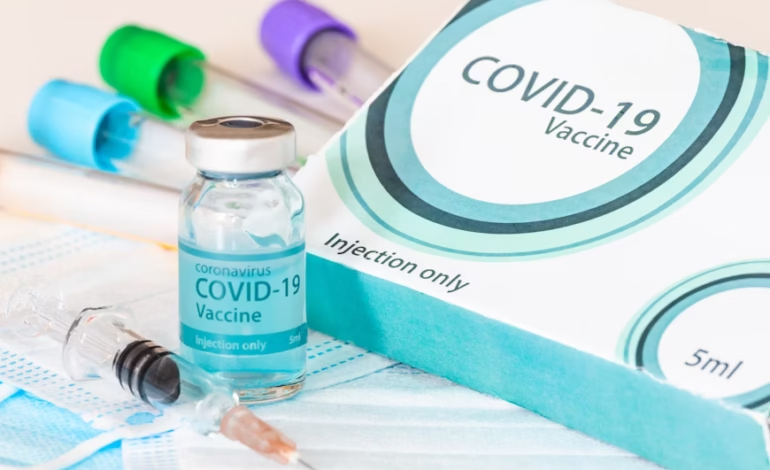COVID-19 and Immune Attacks: Could a Common Drug Prevent Damage?
If you’ve followed COVID-19 news over the past few years, you know the virus isn’t just about respiratory symptoms. For many, especially those with severe cases or “long COVID,” the

If you’ve followed COVID-19 news over the past few years, you know the virus isn’t just about respiratory symptoms. For many, especially those with severe cases or “long COVID,” the virus can trigger the immune system to attack the body’s own healthy cells—a dangerous overreaction called an immune system attack or autoimmune response.
Recently, I came across exciting research: a common drug might be able to stop a specific COVID-19 protein from causing these harmful immune attacks. This discovery could change how we treat the virus and its long-term effects.
What Happens to the Body During COVID-19?
COVID-19, caused by the SARS-CoV-2 virus, can trick our immune system in complicated ways. One troubling feature is certain viral proteins confusing the immune system, making it attack not just the virus but also the body’s own tissues.
This immune overreaction is responsible for severe symptoms like inflammation, lung damage, and sometimes multi-organ failure. It also plays a key role in long COVID, where symptoms linger for months after infection.
The Role of the Viral Protein and the Common Drug
Scientists have identified a viral protein that triggers this destructive immune response. The good news: a widely used, approved drug might block this protein from interacting with immune cells.
By stopping this interaction, the drug could prevent immune attacks on healthy cells, potentially reducing severe COVID-19 complications and improving recovery.
Repurposing an existing drug means we could have treatment options faster than developing new medications from scratch.
Understanding Long COVID: Symptoms and Support

Long COVID affects millions worldwide and can cause a range of persistent symptoms including:
- Fatigue
- Brain fog
- Shortness of breath
- Joint pain
- Heart palpitations
These symptoms often appear or continue well after the initial infection has cleared, making daily life challenging.
If you’re experiencing long COVID symptoms, it’s important to:
- Seek support from healthcare professionals familiar with post-COVID care
- Join support groups to connect with others facing similar challenges
- Focus on pacing yourself and gradually rebuilding strength
Ongoing research into treatments—including this common drug that may reduce immune system overactivity—offers hope for better management of long COVID.
How Vaccines Protect Against Severe COVID-19
Vaccines remain our best defense against COVID-19. They don’t just reduce the chance of infection but importantly:
- Lower the risk of severe illness and hospitalization
- Decrease viral load, which reduces transmission
- Help prevent the immune system overreaction that leads to severe complications
Staying up to date with vaccinations and booster shots is crucial, especially with new variants emerging.
Why This Discovery Matters
COVID-19 has impacted hundreds of millions globally, causing millions of deaths and long-term health challenges. The economic and social costs are staggering.
If a common drug can reduce harmful immune responses, it could:
- Lower hospitalizations
- Reduce long COVID cases
- Improve recovery outcomes
- Ease strain on healthcare systems
Read About: The Silent Virus: What You Don’t Know About Hepatitis C Could Hurt You
What You Can Do Now
While research continues, protect yourself by:
- Getting vaccinated and boosted
- Maintaining a healthy lifestyle with balanced nutrition, exercise, and stress management
- Consulting your doctor if you test positive or develop symptoms
- Staying informed about new treatments
A Personal Take
Watching the pandemic’s toll has been heartbreaking. But advances like this give me hope. The idea that a familiar drug could stop COVID-19 from turning our immune systems against us is encouraging.
We must stay vigilant, take care of our health, and trust in the progress science continues to make.
By Izzy Malcolm for Ravoke.com








